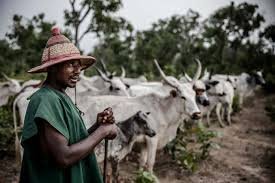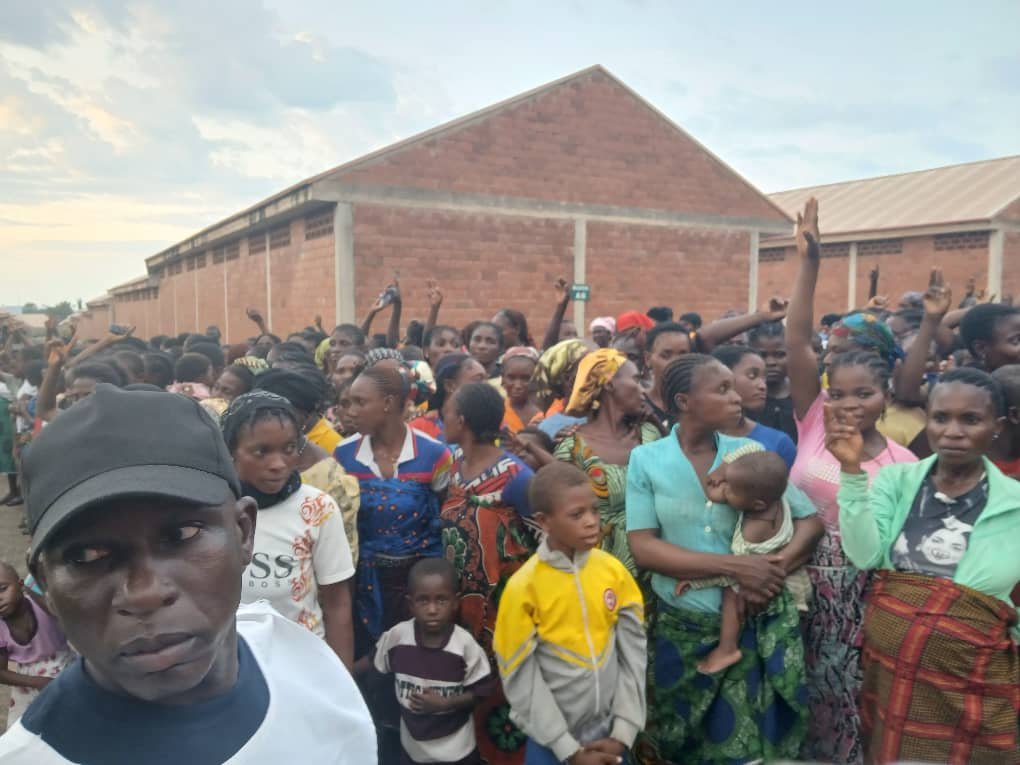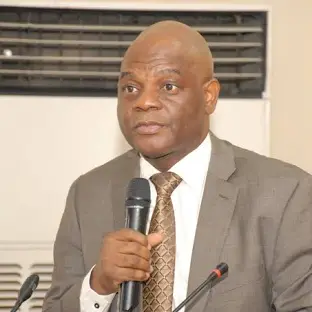The fertile plains of Benue State, long celebrated as Nigeria’s “Food Basket,” have over the years turned into killing fields. On June 14, 2025, residents of Yelwata—a quiet border town near Nasarawa—woke to horror. Armed men invaded in the middle of the night, killing over 100 people, torching homes, and leaving behind a trail of destruction. Survivors say some victims were burnt alive, while others were shot as they tried to flee.
AHR gathered that this brutal attack is only the latest in a decade-long series of violent incidents that have claimed thousands of lives across Guma, Agatu, Logo, and Makurdi Local Government Areas. Often labelled as farmer-herder clashes, these killings are increasingly being viewed by stakeholders, civil society groups, and affected communities as part of a larger campaign of ethnic displacement and land occupation. Hussaini Kafi in Kano reviews the controversial policies against the backdrop of the unending, conflicts, killings and heartless attacks in the region.

The Pattern of Violence
From the 2016 Agatu massacre that claimed up to 500 lives to the 2018 killings in Okpokwu and the 2021 bloodbath in Odugbeho, the attacks have followed a grim pattern: night raids, targeted killings, and minimal prosecution of offenders. In many cases, entire villages have been emptied, their inhabitants forced into makeshift camps.
The June 14 Yelwata attack has drawn national and international condemnation, with calls for accountability and action. Yet, as with previous massacres, many fear the cycle will continue.
Military Denies Allegations of Sabotage
In the wake of the Yelwata killings, allegations surfaced suggesting internal sabotage within the Nigerian military. The Defence Headquarters swiftly refuted the claims.
Brigadier General Tukur Gusau, Director of Defence Information, in a statement dated June 17, insisted that the Nigerian military had no involvement in the incident. “There is no credible evidence to substantiate claims of internal sabotage,” the statement read. “The military remains committed to protecting civilians and upholding the rule of law.”

Chief of Defence Staff, General Christopher Musa, explained that the crisis in Benue is rooted in long-standing issues such as land disputes, cattle rustling, and resource competition. He called for a more holistic approach to resolving the crisis and urged communities to cooperate with security forces rather than shielding criminal elements.
However, AHR gathered that many in Benue communities remain sceptical. With military deployments stationed near the attacked communities and yet unable to prevent such carnage, trust in the security forces continues to erode.
A Coordinated Land Grab?
Traditional and community leaders in Benue insist that the violence cannot be dismissed as random or communal. During President Bola Tinubu’s visit to the state following the Yelwata massacre, the Tor Tiv, His Royal Majesty Prof. James Ayatse, stated emphatically that what Benue is facing is a “well-planned, full-scale genocidal invasion and land-grabbing campaign.”
He warned the President, “Wrong diagnosis will always lead to wrong treatment. We are not dealing with communal misunderstanding here. It’s not about learning to live with neighbours; it is dealing with war.”

His comments were echoed by former APC senatorial candidate, Comrade Daniel Onjeh, who described the attacks as a “national emergency.” He urged the President to look beyond farmer-herder framing and confront the crisis as a matter of political sabotage and militia-driven violence.
Civil society organisations, including the Initiative for Social Rights Concerns and Advancement (ISRCA), issued a strongly worded statement calling the attacks acts of terrorism. “This is not a clash between two equal groups,” ISRCA said. “It is systematic, one-sided violence aimed at displacing indigenous populations.”
AHR gathered that residents fear continued government framing of the attacks as community clashes could mask the coordinated nature of the violence and weaken policy responses.
Ruga: The Policy That Deepened Division
AHR reports that the roots of the current unrest can be traced in part to the controversial Ruga Settlement initiative introduced during the Buhari administration. Meant to address farmer-herder conflicts by settling herders in designated areas, the plan sparked outrage in Benue and other parts of the Middle Belt.
Critics argued that Ruga was an attempt to legitimise land occupation under the guise of peace. The policy was suspended in 2019 amid widespread protests. Since then, no viable federal alternative has replaced it, leaving states like Benue to navigate the crisis on their own.
“The Ruga initiative was a misdiagnosis of a complex problem,” one Benue resident told AHR. “It tried to impose a solution without addressing the historical wounds, and that only made things worse.”
Ortom’s Grazing Ban: A Local Response with National Implications
In 2017, then-Governor Samuel Ortom passed the Open Grazing Prohibition and Ranches Establishment Law. The law banned open grazing and introduced ranching as a modern alternative, while also setting up the Benue Livestock Guards to enforce compliance.

Ortom’s former media aide, Terver Akase, told AHR that the law was introduced after extensive consultation and public hearings. “This wasn’t just a political move. The people demanded protection, and the law provided a legal framework for it.”
Despite some successes, the law also attracted criticism. Some claimed it was discriminatory, and without federal backing, enforcement proved difficult. Nonetheless, many in Benue view it as a necessary step that, while imperfect, sought to address the root causes of violence.
Alia’s Multi-Pronged Security Strategy
Governor Hyacinth Alia, who took office in May 2023, has chosen a different path. Rather than rely solely on legislation, he is investing in technology and security infrastructure.

AHR reports that the state government signed a memorandum to deploy digital surveillance systems, emergency response tools, and a command-and-control center through the State Emergency Management Agency. In December 2024, the Benue Civil Protection Guards were launched, initially with 5,000 personnel. A second phase promised to add another 5,000.
Under Operation Anyam Nyor, the state formed a multi-agency task force made up of the military, DSS, police, and the Civil Protection Guards. It also deployed 600 motorbikes and 100 Hilux trucks to improve mobility and response times in vulnerable areas.
“Governor Alia’s strategy is about anticipating and neutralising threats, rather than reacting after damage has been done,” a government source told AHR. “But it will only succeed with full national support.”
National Reflection Needed
From local communities to academic circles across Nigeria, many agree that Benue’s crisis reflects deeper national issues. AHR gathered that underlying the violence are structural inequalities, contested land rights, historical marginalisation, and a lack of political will to address root causes.
“There’s no shortcut here,” one analyst noted. “The victims must be compensated. The perpetrators must be held accountable. And the country must begin a real conversation about land use, displacement, and justice.”
According to several voices across the country, including civil society and intellectuals, the time has come for a nationwide land-use review, and a reconciliation process to rebuild trust between communities and the Nigerian state.
Tinubu’s Visit: Symbolic or Substantive?
President Bola Tinubu’s visit to Makurdi days after the Yelwata killings signalled concern at the federal level. During his visit, he instructed Governor Alia to act as a father to all citizens regardless of tribe or party and announced the creation of a Committee of Elders—comprising all former governors of Benue and Governor Abdullahi Sule of Nasarawa.

He also directed security agencies to arrest those responsible and restore calm to affected areas.
While some residents view the visit as a meaningful step, others see it as a symbolic gesture lacking real follow-through. “We’ve seen visits and promises before,” one displaced resident told AHR. “What we need is protection, not pity.”
Ortom’s Quiet Support

Former Governor Ortom, though largely silent on the latest attack, issued a message of solidarity through his aide. “He feels the pain like everyone else,” said Terver Akase. “Whether or not you lost someone directly, the pain is collective. He believes in praying for peace and working quietly to support victims.”
Akase also noted that Ortom’s administration had consistently supported security agencies with logistics, insisting that no law or policy can stop violence completely, but the right legal framework is a starting point.
Is There Hope?
As families bury their dead and survivors try to rebuild their lives, the question remains: is there a path to lasting peace? AHR gathered that while Governor Alia’s strategies and Tinubu’s visit offer a glimmer
of hope, the road ahead will be long and fraught.
Unless Nigeria tackles the deeper political, economic, and historical roots of the Benue crisis—and adopts inclusive, justice-oriented solutions—the cycle of violence is likely to persist.
And with each new attack, the people of Benue are left asking: how many more lives must be lost before something truly changes?



